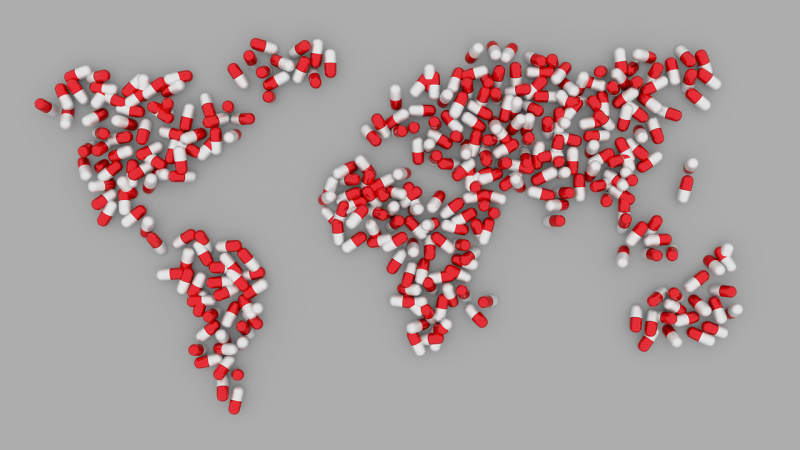
Global health 2019 semester two review – part 1 of 2
Reading time: 5 mins.
So, another semester is under way and it’s time to look back on the final modules we had. We’re almost half way through the second and final semester. So, that’s two modules down and the thesis is under way.
These modules are the shortest and you can feel it. It’s a whistle stop tour of very important topics which you can spend years studying, which might I add, some in the class have done already. To somehow convey, the intricacies of a post-partum haemorrhage* or cancer investigations to those who might never have heard some of the terms used before was a big ask. This objective was met some of the times, by some of the lecturers. This was a bit of a shame as we as a class were hungry to learn and turned up with real enthusiasm, especially considering what some have sacrificed to attend KI.

Maternal & child health
This module has high hopes for the short time that has been allotted to it. One of the aims, was to ensure that as a student you’d walk away able to describe, explain and analyse the trends in maternal, child and adolescent mortality/morbidity. All this while (and rightly so), building on what has been learned in previous courses such as embedding health policy analysis when reviewing what has already been done to improve for example, women’s health in Bangladesh.
One of the issues, was that there was quite a bit of repetition in the course material when compared to the last semester, so it was felt by some that the time in class could have been used more efficiently, to build on and to go further in-depth in to the topic. A lot of child health was covered within the infectious diseases course. There is no hiding the fact that 2 weeks would never make any of us experts on the topic – not that we were expecting that. However, I don’t think it’s too much to ask to walk away feeling the majority of a course has led to you learning something new.
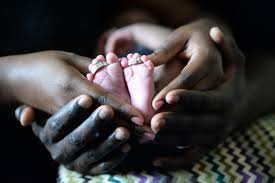
A lot of areas lend themselves to heated discussion when it comes to women’s health such as abortion (voluntary termination of pregnancy) and there was ample time to explore this in a creative way in class.
The assignments were well-structured, and the purpose was clear: to give us the opportunity to learn more about a particular issue such as abortion laws in South Africa and to critically analyse the intervention in an essay, incorporating skills that have been gathered as the master’s has progressed. Accompanying the essay (with a word count that was too short), was a presentation, which helped structure the approach to the written assignment.
I believe the class had mixed thoughts about this course, mainly because as I’ve mentioned before it was so short, a lot of repetition meaning that other equally important issues could not be covered. Nevertheless, the well-structured assignment with detailed feedback (that doesn’t happen consistently during the MSc was very appreciated) and the opportunity to debate some controversial issues meant that the importance and continued relevance of maternal and child health is still very evident.
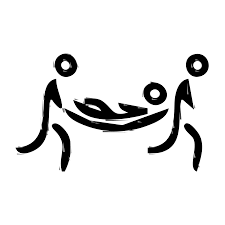
Non-communicable diseases**, injuries and emergencies
This module had the same restricted timeframe to contend with as well as being the last one, so everyone was at times wishing they didn’t need to be present so they could focus on their theses.
The assignments were similar to the previous module, a written essay and presentation. The structure was that of a project proposal. It was very clear to see that in these assignments the skillsets to be obtained were thoroughly thought through.
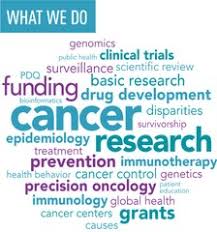
Somehow, despite the two large obstacles I mentioned, I would say this course managed to deliver many stellar lectures with professors (some visiting, and well worth the summons), that took what we knew and showed us how they can be applied through their own work, inspiring curiosity and healthy cynicism when reviewing articles in what are esteemed journals.
The master’s
Where there could have been debate, there sometimes wasn’t and this was something I would say is a thread throughout the courses. There’s so much material to be covered, there probably isn’t space for that in just under 6 months, but with so many interesting professional backgrounds and field expertise; debates are one way of learning directly from peers. So much in Global Health inspires discussion and I expected more of that within the classroom. There was, however, plenty outside of the classroom. Our peers are a resource that was definitely not harnessed, and that was a shame.
Looking back on what I’ve learned over what was and still is a whirlwind of a course, I can honestly say I’ve gained so much. All that remains is to do the thesis justice. I’ll continue writing about important issues and concerns that this MSc inspires and talk you through the thesis process.
I know many of you reading this will be waiting for the results to come out in the first week of April. Good luck! In the meantime, feel free to get in touch with any questions related to Global Health, KI and student life. I’ll be posting a blog answering all the FAQs I receive soon!
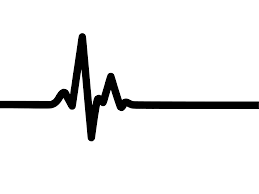
*Post-partum haemorrhage: This is heavy bleeding following child birth, that can be life-threatening and requires swift medical attention.
**Non-communicable diseases: Not all diseases are infectious, and the burden of disease is and has shifted in many places, so much so that many countries have to tackle both communicable/infectious and non-communicable diseases – aptly named the double burden of disease.
Related blogs:
Global health 2018 semester one review
Global health 2019 semester two review – part 2 of 2
7 ways studying in Sweden is different
E-mail: rahel-ochido.odonde@stud.ki.se

0 comments